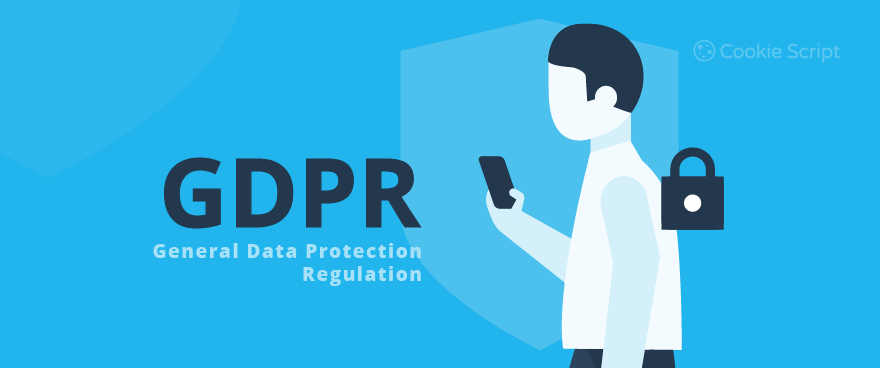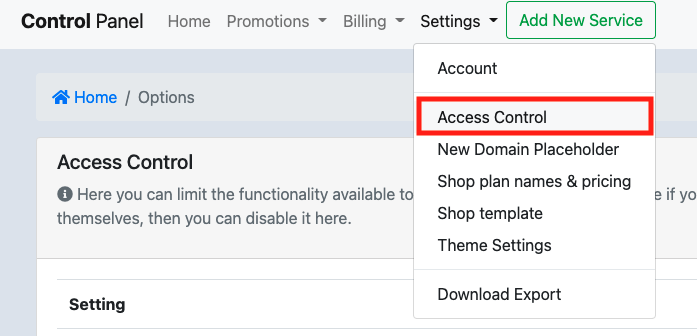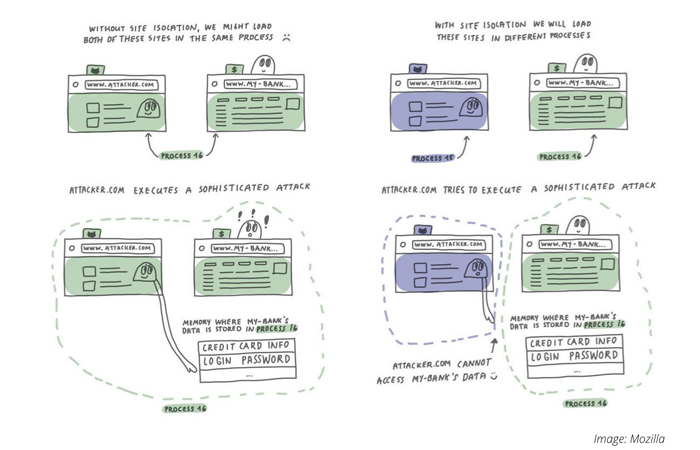Let’s Encrypt, which offers free multi-domain HTTPS certificates has now issued a billion free SSL certificate in the last 4 years.
Let’s Encrypt is a free, automated and open certificate signing authority (CA) from the nonprofit Internet Security Research Group (ISRG). has officially announced with a blog post stated it’s issued a billion certificate since its launch in 2015.
Launched with the goal of speeding up the web’s encryption rate and bringing down the costs of enabling HTTPS, Let’s Encrypt’s ACME (Automatic Certificate Management Environment) protocol offers an easy means to set up and issue SSL certificates that can be renewed and replaced without manual intervention from webmasters.
The issued HTTPS certificates by Let’s Encrypt are valid for 90 days. However, the site also offers automation tools to manage renewals automatically for your site.
But with bad actors abusing Let’s Encrypt HTTPS certificates to mask malicious traffic and direct unsuspecting users to malicious sites, the company has taken steps to “ensure that a certificate applicant actually controls the domain they want a certificate for.”
Apple Takes a Significant Step Forward
Apple has managed to do what most CAs were hesitant to accomplish all this time: shorten the maximum validity of issued certificates to one year.
The tech giant recently announced that starting 1st September 2020, Safari will reject new HTTPS certificates that expire more than 13 months (or 398 days) from their creation date, effectively bringing down the maximum certificate lifetime from 825 days.
At Code Orange, we’ve implemented free SSL certificates from Let’s Encrypt from the start, providing all hosting customers with the ability to install a Let’s Encrypt certificate within a minute on an unlimited number of domains and subdomains.
Read the full article: www.thehackernews.com











